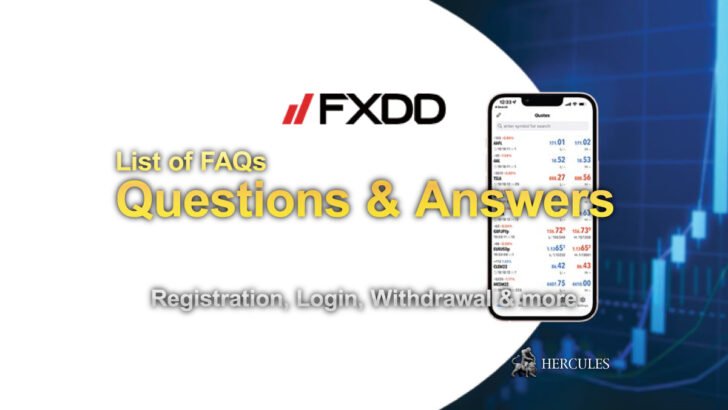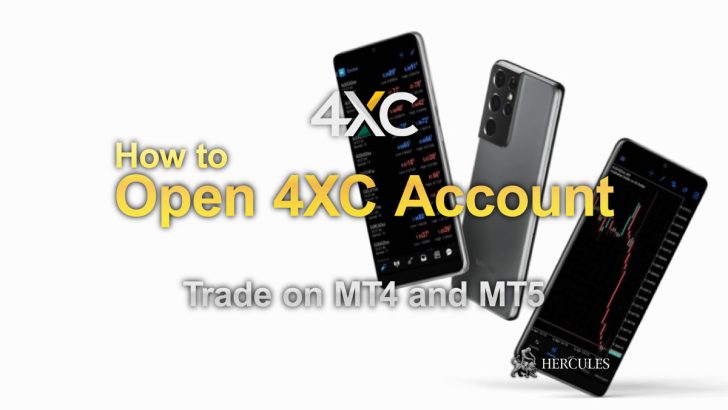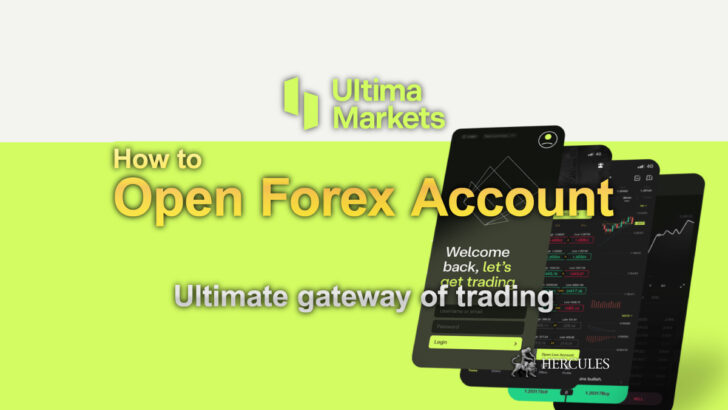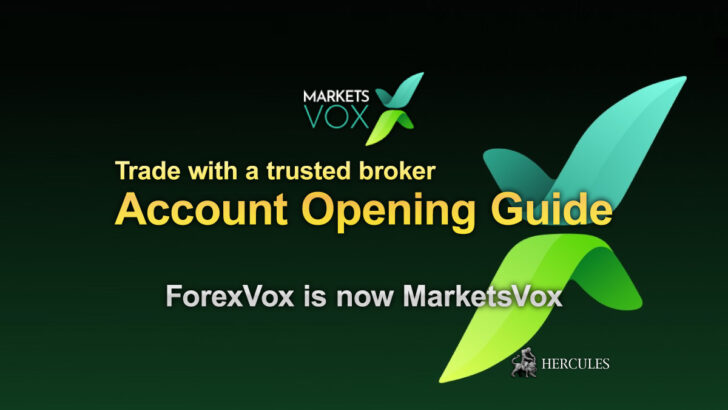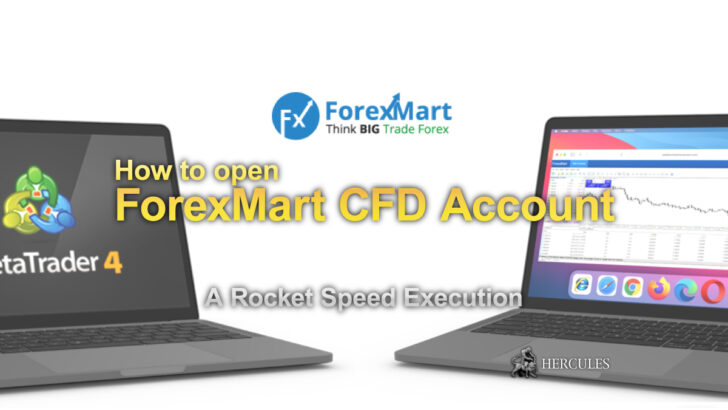For Beginners - Receive 30 USD for free from Tickmill and trade Forex


Are you new to Forex?
Receive Tickmill’s No Deposit Bonus today
Jump-start an exciting trading journey with Tickmill and explore Tickmill’s world-class services with the $30 Welcome Account.
New clients have the opportunity to trade with free trading funds, without having to make a deposit.
The Welcome Account is very easy to open and the profit earned is yours to keep.
Enjoy a seamless trading experience with lightning-fast execution, while getting access to award-winning trading tools and resources.
Open Tickmill’s Welcome Account
Foreign exchange (foreign exchange market or currency market) is a young and constantly developing currency exchange market with daily trading volumes exceeding the sum of all financial markets in the world.
According to the statistics of the Bank for International Settlements, the daily trading volume of the foreign exchange market reached a level of 4 trillion US dollars in 2010.
In contrast, the daily trading volume of US stock transactions is “only” 3 million US dollars.
All operations in the foreign exchange market can be divided into several categories: speculation, hedging, trading, and regulation.
Experience one of the best trading environments in the industry risk-free with Tickmill’s $30 Welcome Account.
Open Tickmill’s $30 Welcome Account
The history of foreign exchange: How did the world’s largest financial market form?
The currency exchange market began in 1971, when the gold standard withdrew from the stage of history. Nixon, the 37th President of the United States, was the initiator of this incident. Due to the abolition of the gold standard, a stable currency exchange rate system no longer exists. According to the Smithsonian Agreement issued in December 1971, continuous currency fluctuations (to the US dollar) within 4.5% are allowed (9% for currency pairs that do not include the US dollar). It was not until January 8, 1976 that a new monetary system principle was formulated in Kingston (Jamaica). All participating members of the International Monetary Fund (IMF) refused to specify official prices for gold and set restrictions on changes in currency exchange rates. Since this decision, the currency market has begun to flourish.
All operations in the foreign exchange market can be divided into several categories: speculation, hedging, trading, and regulation.
Unlike stocks, foreign exchange is an over-the-counter (OTC) market, without a fixed trading venue and set working hours. This is because the main transaction volume of all transactions is generated between major banks in the world. Since the banks are located in different places in the world, transactions can be carried out within 24 hours a day (except bank holidays).
Go to Tickmill’s Official Website
Foreign exchange participants-who dominates the market?
Therefore, the main participants in the foreign exchange market are the world’s major banks (commercial banks and central banks). However, large enterprises, investment funds and hedge funds, brokers, trading centers and individuals engaged in foreign economic activities are also involved in the process of foreign exchange transactions.
Commercial banks
Commercial banks bring major transaction volume. They use deposits from individuals and legal entities and operate according to their goals to bring corresponding returns to their fund owners.
Central Banks
The main purpose of the central bank is to provide financial services to the government and commercial banks of the country.
Its main functions are:
- Money supply and exchange rate regulation;
- Control of the issuance of domestic currency bills;
- Loans and accepts deposits from commercial banks, and controls their activities;
- Manage a country’s debt;
- Maintain the country’s gold and foreign exchange reserves;
- Interact with other central banks.
You can learn more about the central bank and its functions in this article .
The foreign exchange market attracts more people to participate every day, because many people hope to profit from exchange rate fluctuations.
Large enterprises
Large enterprises engaged in foreign economic activities use foreign exchange to convert domestic currency into foreign currency, make forward and short-term deposits, and hedge future transactions. These companies will use the services of commercial banks because they cannot directly access the foreign exchange market.
Investment and hedge funds
Companies that engage in foreign asset investment and use investor funds to buy different securities.
Forex companies (brokers and trading centers)
They associate buyers and sellers with agents for exchange transactions. They make a profit by increasing the spread or charging commissions for each trade.
Individual traders
Individuals refer to those who participate in non-commercial currency exchange operations, such as transfers and currency exchanges when traveling abroad. It was not until 1986 that individuals had the opportunity to make speculative investments in the foreign exchange market. Individuals can speculate through foreign exchange companies.
The foreign exchange market attracts more people to participate every day, because many people hope to profit from exchange rate fluctuations. However, before entering the market, you must first learn the basics that can help your work.
We hope this article can help you understand the basics of the foreign exchange market. Now, you can read other foreign exchange articles and frequently asked questions to deepen your understanding of the foreign exchange market.

